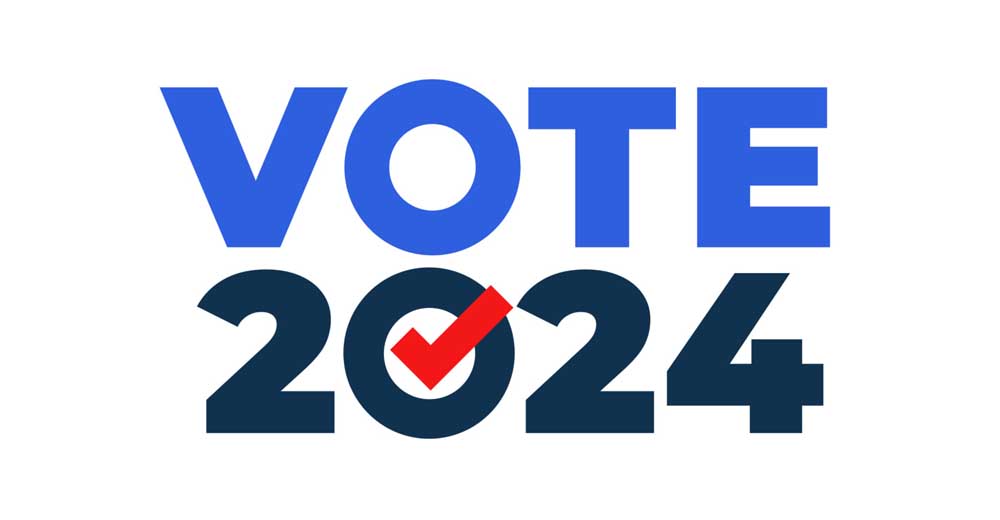Commentary: Dark money is a curable cancer
Published 9:00 pm Thursday, September 12, 2024

- Vote
Democratic Representative Derek Kilmer of Washington had a decade of state elective office under his belt when he arrived in Congress in 2013, so he knew real change can take time.
He just didn’t foresee something as seemingly sensible as campaign finance reform and a muscling up of the moribund Federal Elections Commission taking a decade — with no end in sight.
Trending
Each year Kilmer teamed up with willing GOP partners he’d gotten to know at bipartisan breakfasts designed to create common ground, trying for modest reforms that could make a difference.
But each year he saw tidal waves of money flood into congressional races. By 2022, the total amount spent on congressional midterms rose to a staggering $8.9 billion, with just under $2 billion of that coming from outside groups. Compare that with 2006, when FEC reports indicate that independent expenditures totaled $298 million.
If you want to restore trust in American politics, reforming campaign finance is a great place to start. Yet the fight against the influence of moneyed interests on politics has been a losing battle ever since 1975, when the financial abuses unearthed during Watergate and the 1972 presidential campaign prompted Congress to set the first serious limits on contributions and establish the FEC as an independent agency.
One year after the FEC opened, the Supreme Court overturned most of the existing spending limits in Buckley v. Valeo, ruling them unconstitutional limits on political speech.
Limits returned over concerns about the rise of “soft money” — unregulated donations to political parties that could be redirected. In 2002, Republican Senator John McCain teamed up with Senator Russ Feingold, a progressive Democrat from Wisconsin, to pass the Bipartisan Campaign Reform Act, landmark legislation to limit political spending and thinly disguised “issue advocacy” ads designed to evade disclosure laws.
But in 2010 came the Supreme Court’s infamous Citizens United decision, which obliterated most of the reform act. It declared money equaled free speech and corporations equaled people — at least when it came to political speech.
Trending
In so doing, the court paved the way for the Super PACS and dark money that have come to dominate campaigns. The two work hand-in-glove. Super PACs can raise unlimited amounts but must disclose their donors to the FEC. Dark money nonprofits can not only raise unlimited amounts but also keep donors secret. They can, in turn, make mega-donations to Super PACs, which get away with listing just the group’s name, thus hiding the individual dark money donors.
The only restriction — and it’s weak tea — is that such groups cannot coordinate (at least not too obviously) with candidates themselves. During the 2022 election, committees reported taking in more than $600 million in such donations — more than in any previous midterm.
“The more we see these dark money entities play in our political system, from whatever angle, whatever agenda,” he said, “regular people are left to think ‘How does my voice matter?’ It’s me sitting there with a rolled-up sheet of paper for a megaphone while the special interests have a top-of-the-line system with the amps cranked up to 11.”
Unlike most independent agencies, the FEC has an even number of commissioners — three from each party. It has no independent funding. Even minor decisions, such as looking into a complaint filed, must get a majority vote from the board.
Kilmer’s bipartisan and bicameral bill would reduce the FEC commission from six members to five — two from each major party and one independent, aligning with how most independent agencies are structured. An advisory panel led by the president would suggest nominees, based on specific experience.
The act would streamline enforcement and, crucially, allow the agency’s general counsel to launch investigations without having to wait for a majority vote.
Those proposed changes may sound modest, but as Daniel Weiner, director of elections and government at the Brennan Center for Justice, told me, they could have a substantial impact. The ability to move quickly on complaints, for instance, is essential to accountability. Right now, said Weiner, complaints molder on the dockets and then typically are voted down. Even foreign money investigations drag on for years and result in puny penalties.








